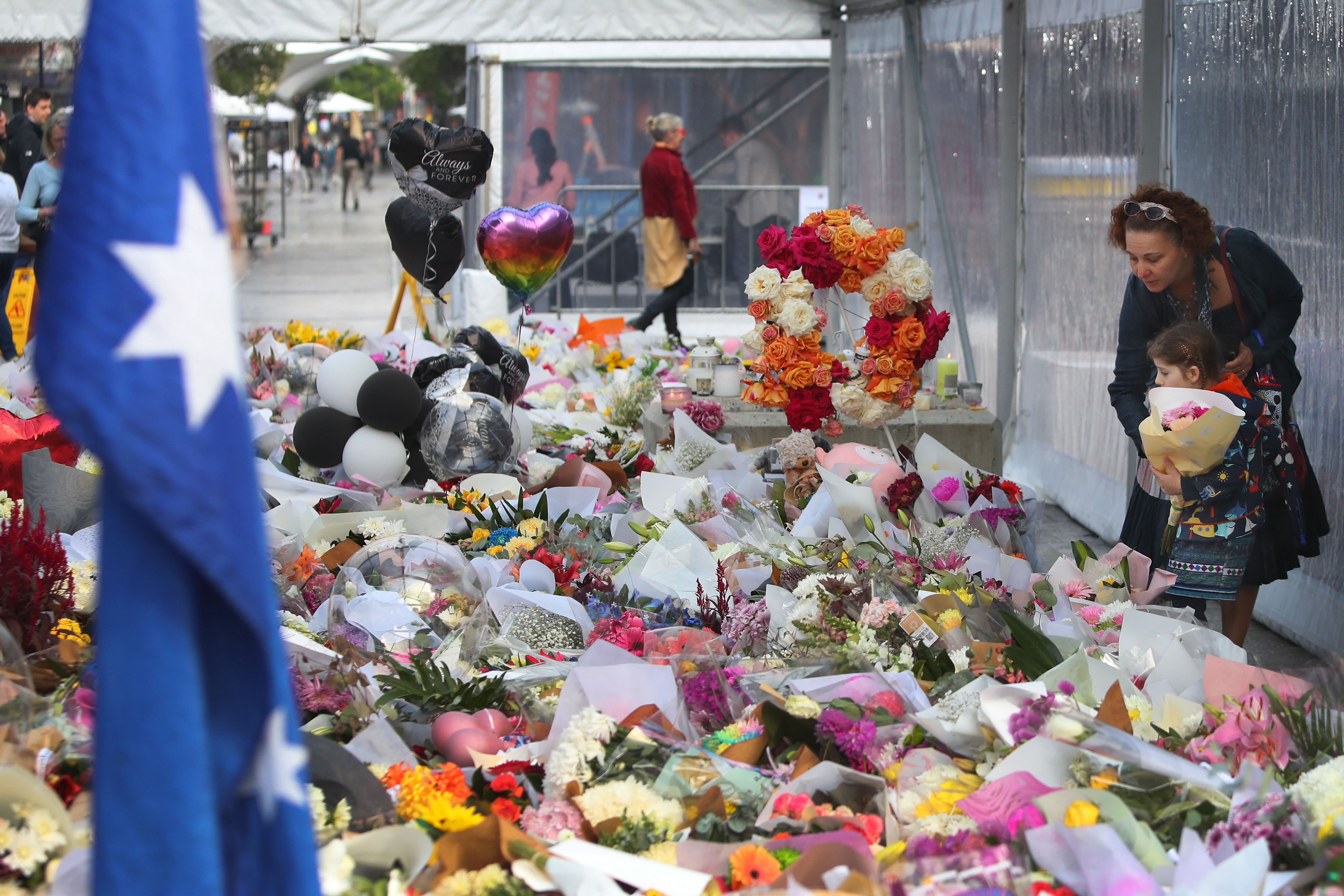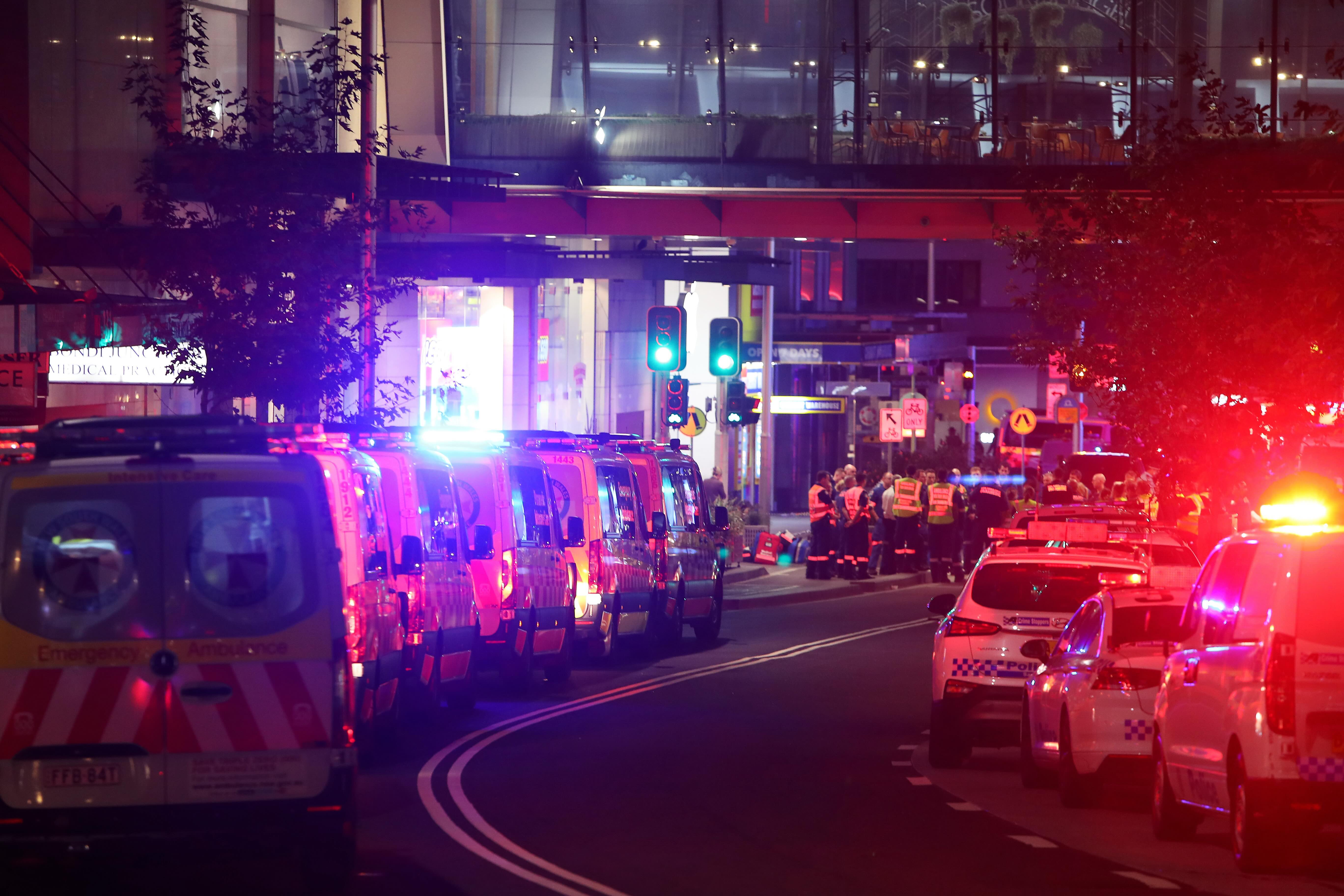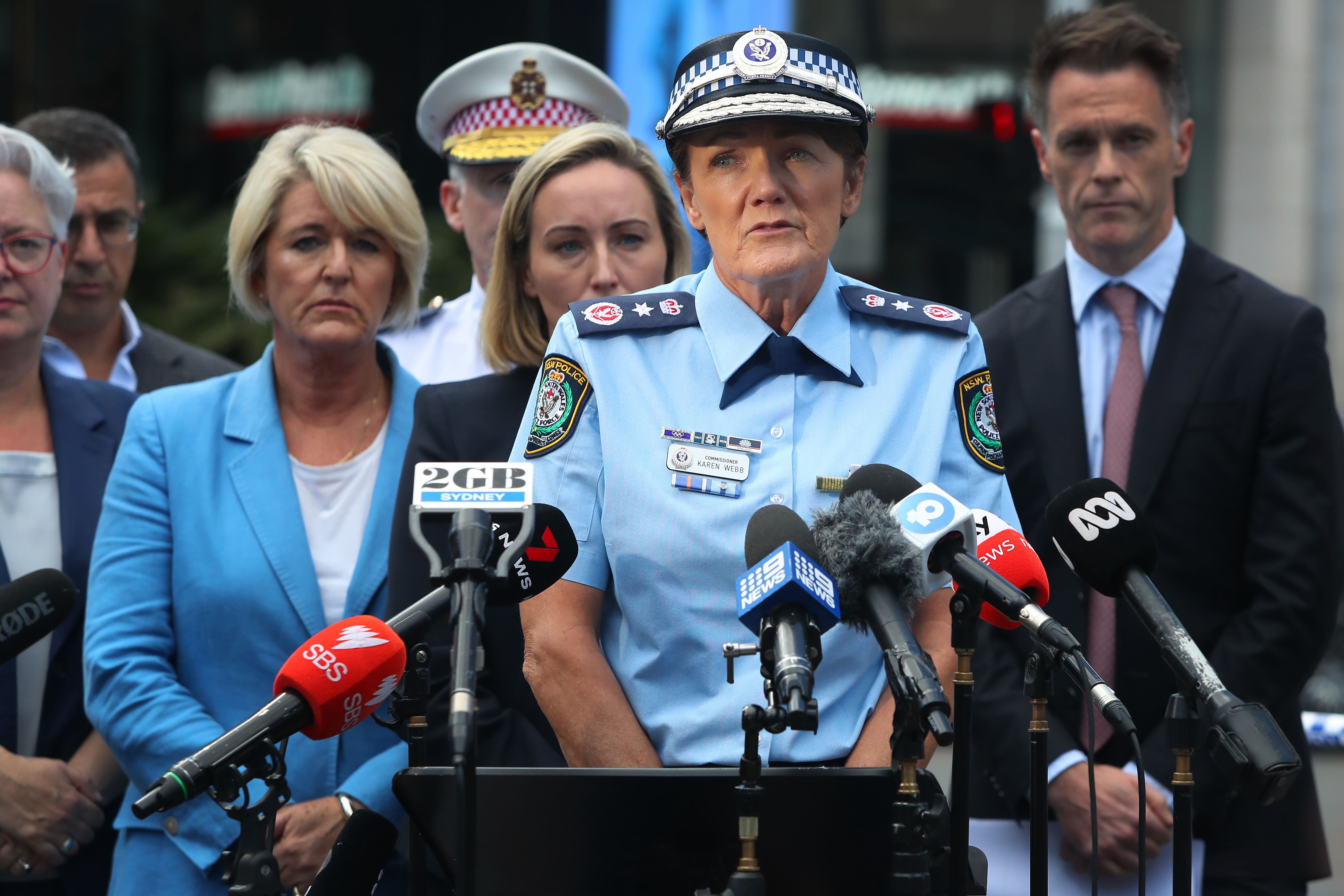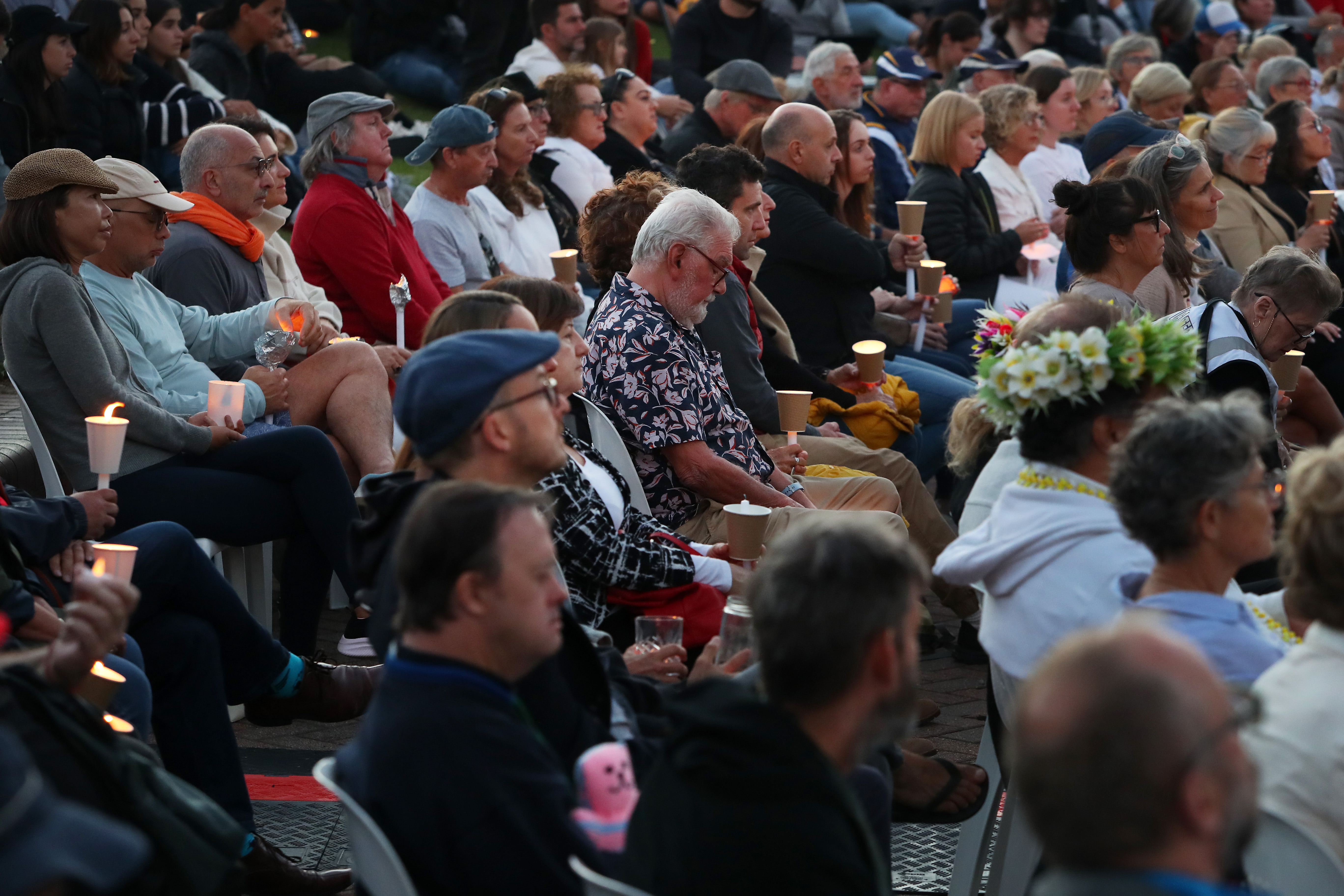
Politics & Society
Are mental health treatment orders out of order?

How should we balance public safety with the rights of people with a mental illness to make decisions about their own wellbeing?
Published 22 April 2024
How could this happen? Why would he do it? Were there failures in our health system, or our policing, or in the laws governing how mental illness is managed that led to this moment?

We now know that Joel Cauchi had been diagnosed with a severe mental illness – schizophrenia – at age 17.
According to his parents, after telling his doctor that he disliked the side effects of his medication, Cauchi asked for help to come off it – despite his doctor’s warnings.
He reportedly did well for a while, moved out of home and moved cities. So when he became unwell again, there was no one close to him to notice or to help.

Politics & Society
Are mental health treatment orders out of order?
This raises even more questions.
Should he have been allowed to stop his medication? Could anyone have stopped him from doing so, under the current legal and medical authority for treating people with mental illness? And how should we balance public safety with the rights of people with a mental illness to make decisions about their own wellbeing, when the vast majority of them are not violent?
There will be investigations into this particular case that will eventually tell us what happened with Joel Cauchi.
But meanwhile, it’s worth looking at how mental health law works and grappling with the very difficult and controversial issues raised by the stabbings in Bondi.

While most people with a mental illness consent to treatment voluntarily, psychiatrists do have powers under mental health legislation to detain people with a mental illness in hospital and give them psychiatric treatment against their will.
This treatment is usually medication, which can be given compulsorily in hospital and in the community (this is usually a condition of a person’s discharge from hospital).
While there are some differences in powers between states and territories, in general, psychiatrists can involuntarily detain and treat people with mental illness where they assess them to be at risk of harming themselves or others.

Health & Medicine
The evolution of schizophrenia
Some legislation also requires that the person with mental illness be so unwell that they are unable to consent to hospital admission or psychiatric treatment themselves.
Further, a psychiatrist may not have to wait to use their powers until a person is at risk of harming themselves or others – they can act just if the person’s mental health is deteriorating.
Unfortunately, predicting whether a particular person will become violent isn’t a precise science, and studies indicate that the accuracy of psychiatric assessments is actually quite low.
While there are some risk factors for violence, they are very broad; things like being young and male, using drugs and alcohol, or having a history of violence.
What this means is that some people may be assessed as a ‘high risk’ when they’re not (and will never be) violent. It also means that other people, assessed as having a low or medium risk of being violent, might slip through the net and later do something violent.

But the focus on preventing violence can increase discrimination against people with mental illness by creating the totally false impression that all people with mental illness are violent. Research by forensic psychologist, Professor James Ogloff, indicates that only 10 per cent of people with schizophrenia have ever committed a violent crime, which means that the vast majority are not violent.
In fact, people with mental illness are more likely to be victims of violence than the perpetrators.
There are already many challenges for people dealing with a mental illness, including schizophrenia. If you are unfamiliar with severe mental illness, it can be difficult to understand why some people might not want to take medication to “get well”.

Health & Medicine
Protecting patients and their doctors
Unfortunately, many psychiatric medications, especially the ones for schizophrenia, have serious and sometimes permanent side effects that many people would find difficult to live with: shaking, muscle spasms and twitching, weight gain, drooling, sexual dysfunction, heavy sedation and dulling of the senses.
On top of that, between 20 per cent and 60 per cent of people with mental illness are described as ‘treatment resistant’ – this is when someone does not respond to proper dosage and duration of prescribed medication at least two times.
Imagine being forced to take medication with serious side effects that may not even give you much benefit.
Forcing people to have medical treatment they don’t want is a serious intrusion on people’s liberty and bodily integrity that many people feel strongly about.

Think back to during the pandemic when we saw people protesting and rioting in the streets because they didn’t want a safe, effective, life-saving vaccine which had no or few side effects for most people.
Governments then created adverse consequences for people who refused treatment using COVID-19 vaccines mandates that restricted their ability to work and go to some shops and restaurants.
With mental health treatment, people may be held down and injected against their will. Many people with mental illness report that involuntary detention and treatment in hospital can be traumatising and violent, especially if they experience seclusion (isolation) and restraint.

Health & Medicine
Knowing when to seek help for mental health
Many report an underfunded and prison-like environment where they’re not listened to, where they feel unsafe, and where, at best, they are bored and have nothing to do.
So, being in hospital for compulsory mental health treatment is not seen as a healing experience.
Studies report that about a third of people are angry about having treatment against their will, about a third accept that it was necessary but are very unhappy about the way it was done, and only a third are grateful.
So, this becomes a circular problem. If people are traumatised by their experiences in the mental health system and believe it was ineffective or made them worse, they will avoid seeking help in the future.

There is widespread agreement that mental health services are seriously underfunded and the pressure on the system gets worse with a growing population, shortages of mental health professionals and increasing demand due to social stressors like the pandemic and Australia’s rising cost of living.
But there is disagreement about what kinds of services should be funded and whether those services should permit coercion – like forced medication.
The Productivity Commission and Royal Commission into Victoria’s Mental Health System have both called for dedicated mental health funding (which can’t be redirected to other health priorities); for a whole-of-system reform with a wide range of different kinds of mental health and support services; for a shift away from coercion; and a focus on the social stressors contributing to mental ill health.

Health & Medicine
Too many people die after leaving prison
While some disability advocates and human rights bodies think the government shouldn’t ever be able to involuntarily detain and treat people with mental illness, I am not one of them.
But there is a danger with a tragedy such as Bondi Junction that the media and the public might start to panic, leading to calls to lock more people up.
Unfortunately, there are no easy answers with mental health policy.
As much as we may want to, it may not ever be possible to prevent all acts of violence, which is why we have a criminal justice system.
We could build more hospitals and increase involuntary detention and treatment, which might make some people feel safe, but doing so may not be effective and comes at a significant cost.
There are good reasons not to overuse involuntary detention and treatment, even if there are times when it can’t be avoided.
If you or anyone you know needs help or support, you can call Lifeline on 13 11 14.
Dr Kay Wilson is the author of the book Mental Health Law: Abolish or Reform? (Oxford University Press, 2021).
Banner: Getty Images